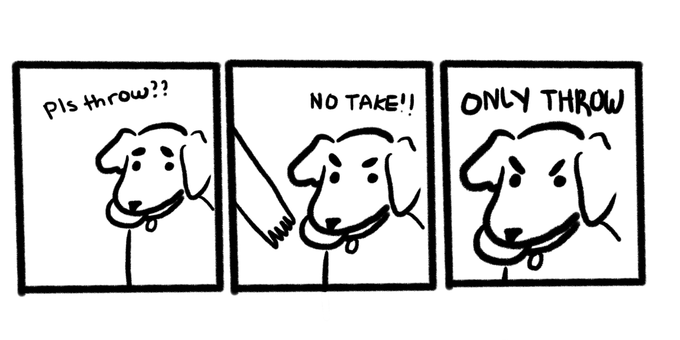This is the second part of a two-part series. See also this article. Both articles first appeared in a slightly different form on the blog of OpenTech(AUC).
“…if we can’t convince people to take over the means of production when it only requires a USB stick with Linux and a short online course on bash/python, how are we ever going to gain control over (and share the fruits of) other, more material and inert kinds of technology?”
